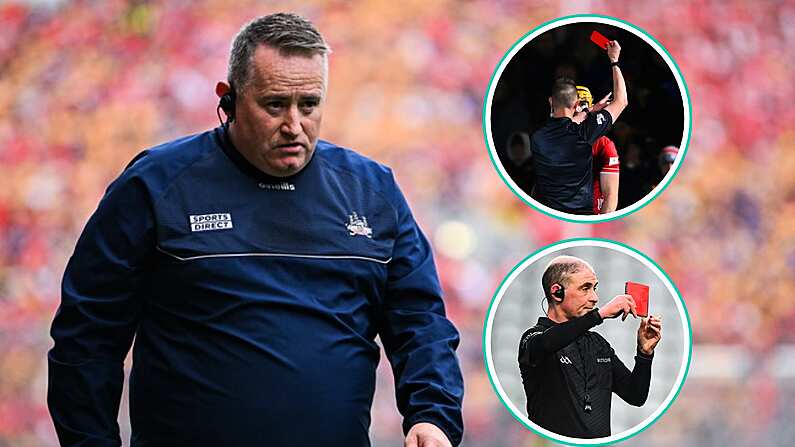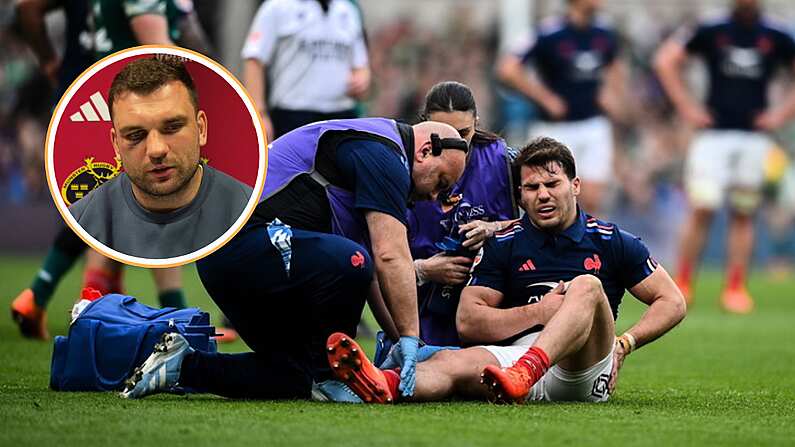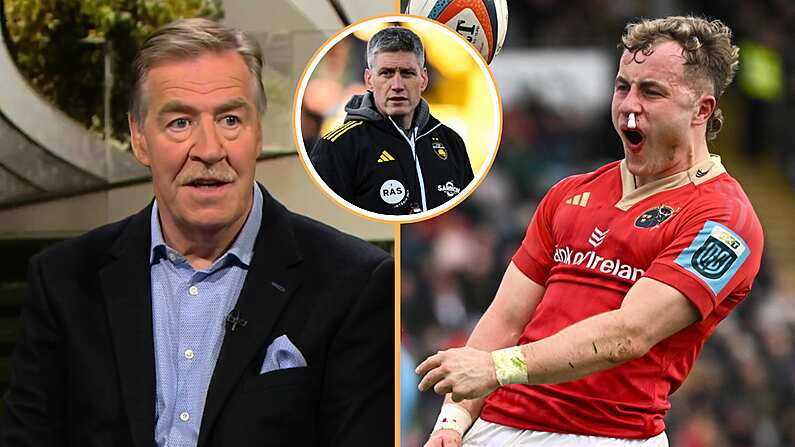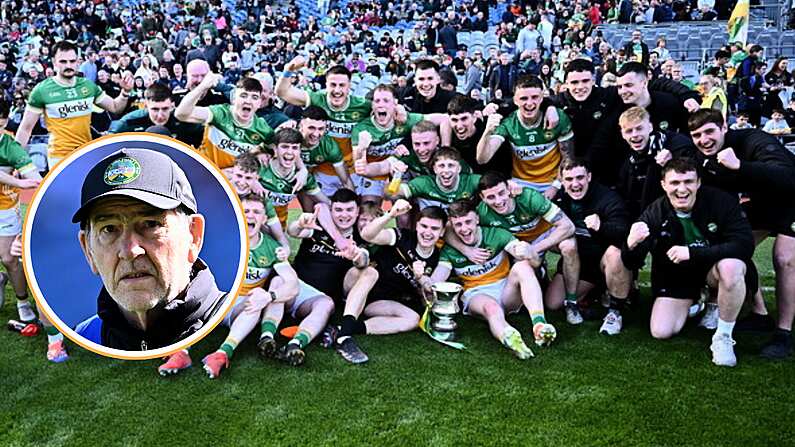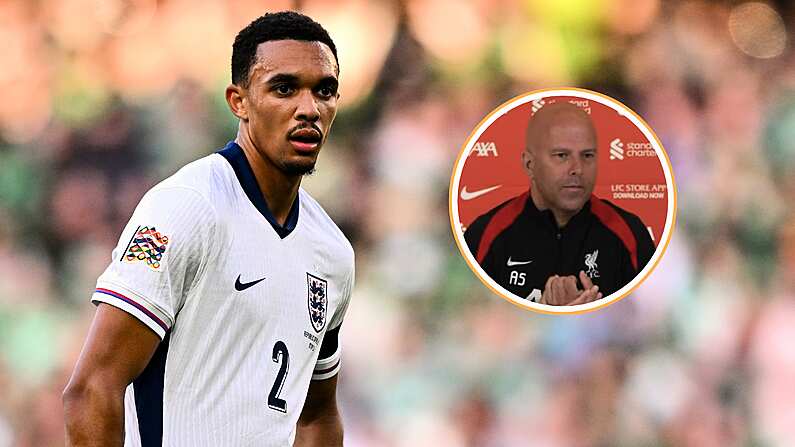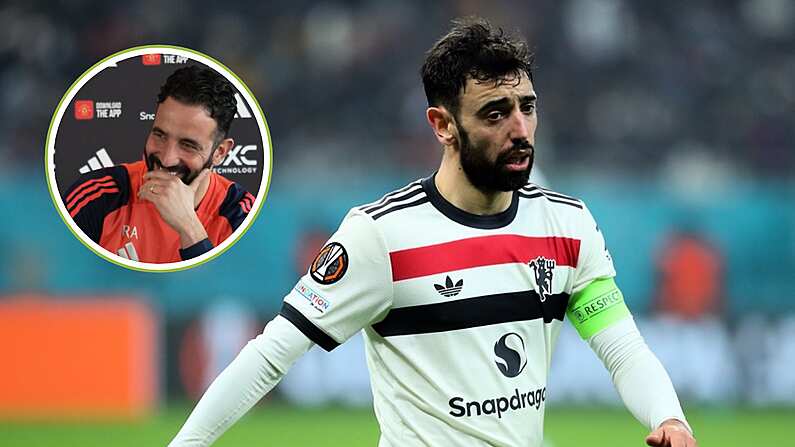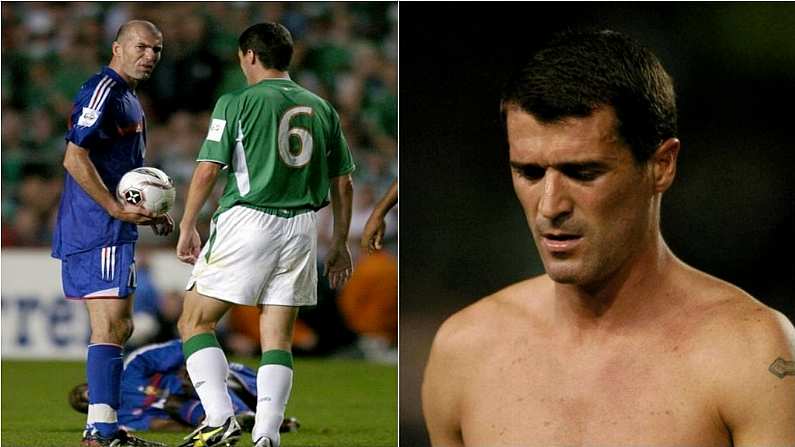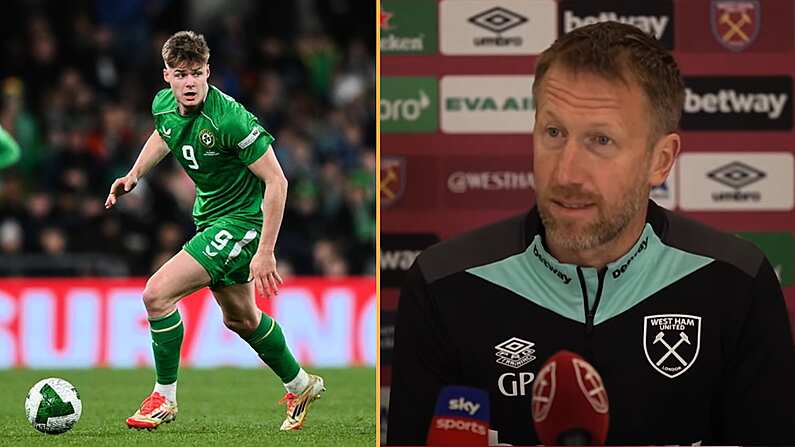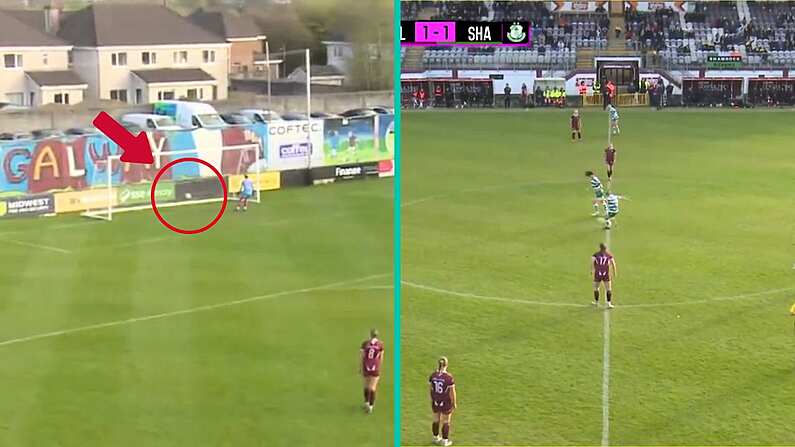Ireland will only play one game fewer this June than they did in the same month last year, with friendlies against Mexico and Uruguay prefacing the visit of Austria to Dublin.
Let not the friendly games diminish the importance of the month ahead: the visit of Austria on June 11th is vital, with Ireland in the unfamiliar situation of having the opportunity to use the game as a springboard, rather than a chance to clutch at opponent's coattails.
By this stage of a qualifying campaign, we usually need a win to keep pace with those ahead of us. At this stage of the last campaign, Ireland took on Scotland in Dublin, needing a win to stay in the mix. Fourth in the table behind leaders Poland, Germany and Scotland in descending order, Ireland were three points off the top, and two behind the other two sides. With Poland lining up a turkey-shoot in Gibraltar and Germany facing Georgia, that gap was guaranteed to widen should Ireland not win.
We didn't: a 1-1 draw steamrolled hopes of qualification, stirred only through the mingling of a miraculous couple of victory over Germany with Scotland's loss in Georgia.
This time around, we are in unfamiliar territory: with a win, Ireland can take a giant stride toward qualification, and eliminate a direct rival in doing so: Austria are four points behind us, and their falling seven behind with three games left would be a fatal blow.
On the surface, we should have a good chance to do so: the win in Vienna the most obvious source of confidence. It was our first competitive win away to a side ranked above us that's not Scotland since 1967, and while Austria's poor performance on the night may detract somewhat from this achievement, it offers encouragement for the renewal of rivalries in June.
Austria have been poor throughout qualifying: their key player David Alaba has not lived up to the promise he has shown at Bayern, captain Christian Fuchs called it a day before qualifying began, while their top scorer thus far, Stoke's Marko Arnautovic, will miss the Dublin game through suspension.
Ireland, however, have their own reasons to worry. The main issue is once again around injuries. Seamus Coleman, David Meyler, James McCarthy, and Ciaran Clark have been ruled out and Shane Long is almost certain to be also, having broken a metatarsal on the penultimate weekend of the Premier League season.
Luckless Harry Arter is in danger of missing out also, as he suffered a dead leg as Bournemouth drew the curtain down on their season against Leicester. Even if Arter makes it, Ireland's attacking options off the bench go no further than Aiden McGeady and Daryl Horgan.
As concerning as the injury count is the form of those who are fit. Newstalk's Nathan Murphy crunched some of the numbers just before his phone died, and found that this season in the Premier League has been the poorest in almost 20 years in terms of goals by Irish internationals:
Coleman and Walters lead the Irish scorers in the Premier League with 4 goals. Just 19 goals for Irish players, lowest this century. pic.twitter.com/xnOsXV7z0x
— Nathan Murphy (@nathanmurf) May 21, 2017
This low tally is partly explained by the scarcity of Irish starters across the Premier League. Shane Long has lost his place at Southampton to Manolo Gabbiadini, and when Charlie Austin is fit, is arguably third-choice. James McClean is Tony Pulis' impact sub of choice rather than an automatic starter; Jon Walters has struggled to force his way into an oddly apathetic Stoke team; Darren Randolph has returned to the West Ham bench since the Wales game; Robbie Brady hasn't found his way into the Burnley team since joining in January.
Of those playing regularly, John O'Shea and Darron Gibson's souls are surely tainted by the Great Misery of Sunderland, so only Jeff Hendrick, Stephen Ward, Glenn Whelan, and Harry Arter are likely to look back at the final third of the season with a true level of satisfaction.
Signs are more encouraging for the Irish players in the Championship. Wes Hoolahan and Aiden McGeady have been voted their clubs' respective players of the year, while a host of Irish players have tasted collective success: Paul McShane's disappointment at missing out on the play-off final should not mar a fine season with Reading; Rob Elliot and Daryl Murphy have played their parts in Newcastle's title win and Shane Duffy for Brighton this season.
The strength of this Irish team has been their ability shake off indifferent club form and corral around the collective need to perform when it matters. Doing so against Austria, under the slightly unfamiliar pressures of having an opportunity to kill rather than merely survive, is the latest test of Martin O'Neill's reign.


